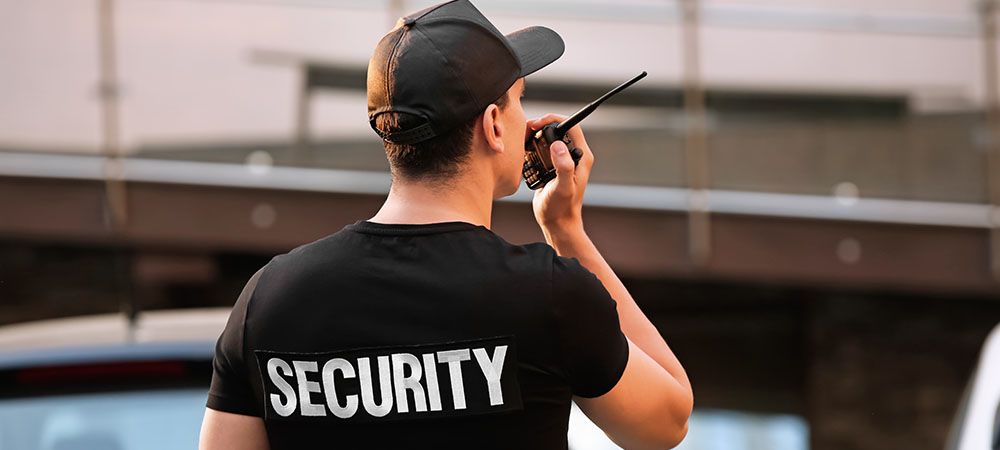What are the Most Important Aspects of Sports Arenas Security Guard Services?
Effective sports arena security guard services start with comprehensive crowd management. Large gatherings, passionate fans, and intense emotions are present daily at sports events, making crowd control crucial. Security personnel must monitor crowd behavior, identify potential issues, and manage high-traffic areas to prevent stampedes or altercations.
Advanced Surveillance Systems:
Surveillance is a critical component of security in sports arenas. Modern security guard services utilize advanced surveillance systems, including CCTV cameras, to observe every corner of the venue. These systems help in real-time monitoring and quick response to any suspicious activities. Security guards must be trained in operating these systems and interpreting the data they provide.
Access Control and Screening:
Ensuring that only authorized people enter specific areas is vital. Access control includes checking tickets, verifying credentials, and screening for prohibited items using metal detectors. Security guards are pivotal in managing entry points, preventing unauthorized access, and ensuring all attendees comply with venue regulations.
Emergency Preparedness and Response:
A well-prepared crisis reaction plan is essential for any sports arena. The sports arena's security guard services must include detailed plans for various emergencies, such as fires, medical emergencies, or security threats. Guards should be trained in first aid, evacuation strategies, and coordination with local law enforcement and emergency services to ensure swift and effective responses.
Visitor Assistance and Customer Service:
While security is the primary concern, providing assistance and maintaining a positive atmosphere are also important. Security guards should be approachable and ready to assist visitors with directions, information, or any issues they might face. Good customer service helps create a safe and welcoming environment for all attendees.
Communication and Coordination:
Effective communication is crucial for running sports arenas and security guard services. Guards must be equipped with reliable communication devices to stay in constant contact with each other and the control room. Coordination with event organizers, law enforcement, and medical teams ensures a unified approach to handling incidents.
Perimeter Security:
Securing the perimeter of the sports arena is as important as monitoring the inside. Security guards should patrol the exterior, check for vulnerabilities, and manage any potential threats before they can enter the venue. This includes inspecting vehicles, managing parking areas, and monitoring public spaces around the arena.
Preventing and Managing Conflicts:
Sports events can sometimes lead to conflicts among fans. Security guards must be trained in conflict resolution techniques to de-escalate situations calmly and effectively. Their presence should deter any aggressive behavior, and they must be ready to intervene if necessary to maintain order.
Ensuring Compliance with Regulations:
Sports arenas must comply with various safety and security regulations. Security guard services are crucial in ensuring these regulations are followed. This includes managing occupancy limits, providing fire watch security measures are in place, and ensuring all security protocols are adhered to.
Training and Continuous Improvement:
Finally, ongoing training and continuous improvement are essential for maintaining high standards in sports arenas and security guard services. Regular training sessions, drills, and updates on the latest security technologies and methods ensure that guards are always prepared to handle new challenges effectively.
By addressing these aspects, sports arenas can ensure that security
measures are robust, proactive, and efficient and that attendees have a secure
and enjoyable experience.


Comments
Post a Comment